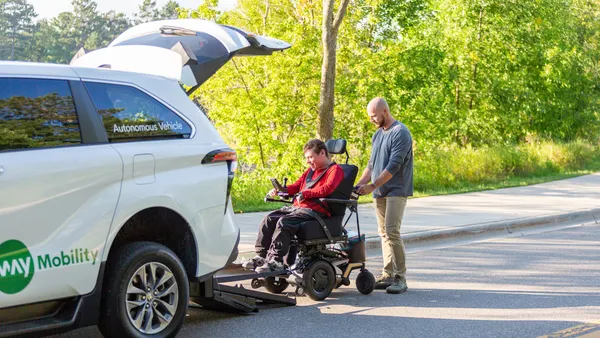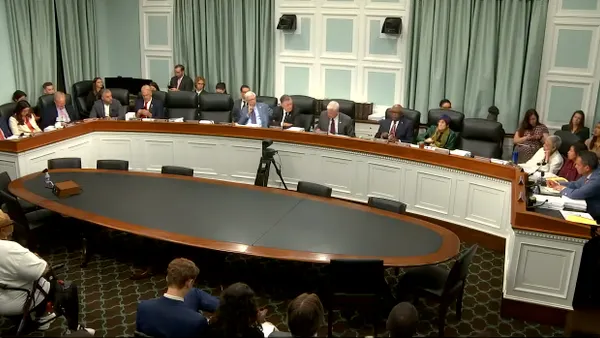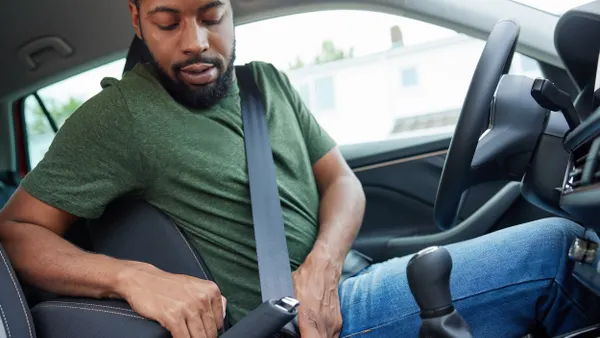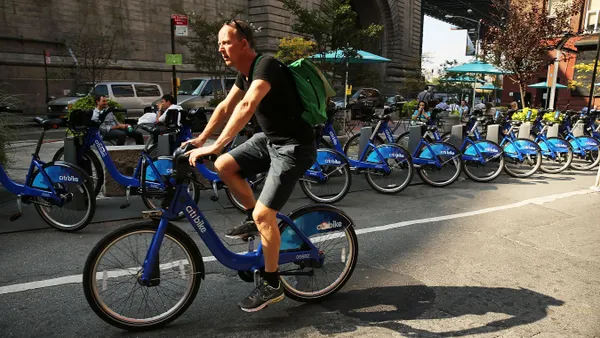Dive Brief:
- The City of Sacramento and the Sacramento Regional Transit District (SacRT) have partnered with Miles, an app that gathers data on users' movement throughout a city and rewards those who travel in low-carbon ways.
- The four-month pilot will gather data to help the city evaluate how all modes of transportation are being used throughout the region, SacRT Spokesperson Jessica Gonzalez told Smart Cities Dive. Miles is able to distinguish how a user is traveling — for example walking, biking, airplane, driving a car or taking a bus. Users receive points for each trip that can be redeemed for products and services; less carbon-intensive transportation earns more points.
- "SacRT is always looking for new ways to get people to try transit. Miles is a great opportunity for people to consider trying transit or change the way they get around," Gonzalez said.
Dive Insight:
Modern cities are awash with data gathered from citizens. Yet, as new ways to use that data emerge, cities and their agencies frequently look for innovative ways to gather and analyze it. Some of the data can be gathered organically or voluntarily if citizens submit information. But the public needs trust in both their local government and in data-gathering technologies. City employees realize some people are resistant to digital innovations due to privacy concerns, or in the case of autonomous vehicles, mostly safety fears.
Providing citizens with an incentive in exchange for information or participation, as is being done through the Miles rewards, is a known way to boost engagement and trust in the digital age. The platform makes it easy both for the user and SacRT because the data is tracked and submitted automatically, and the reward points are granted automatically. The concept could prompt people to re-think the modes of transportation they use and the bonus points for low-carbon travel could drive them toward more transit, bike and walking trips.
"SacRT sees this as an opportunity to get more people to try transit and for our current riders to get an additional benefit for riding. The app is a way to encourage and reward alternative mode usage — biking, transit and walking," Gonzalez said.










